Lyon, France’s magnificent city, is renowned for its stunning architecture and exquisite cuisine. But beneath the surface lies a secret world: the Traboules network. These historic passageways are not just shortcuts but living witnesses of Lyon’s unique history and culture, offering visitors an unexpected journey of discovery.
The Traboules Network: Origin and Growth
Traboules, derived from the Latin “trans ambular,” meaning “to pass through,” are secret passageways running through buildings and courtyards, connecting parallel streets in Lyon. These passageways date back to the 4th century, when the collapse of the Roman Empire prompted residents to move closer to water sources along the Saône River.
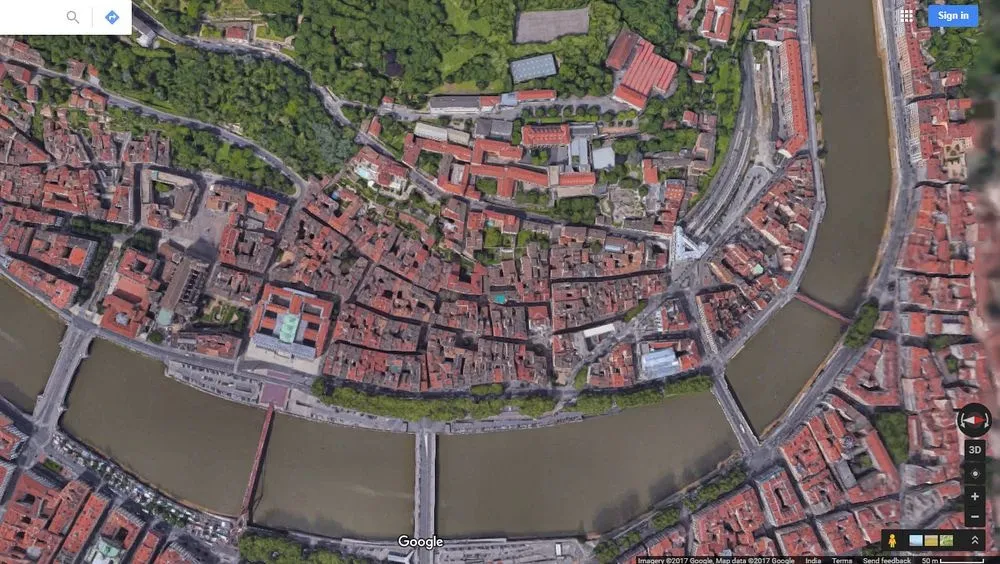
The Traboules network expanded significantly as Lyon became a major silk trade hub. These shortcuts allowed “canuts” (silk weavers) to transport goods swiftly from the river to central markets while protecting silk from harsh weather. Covered horse-drawn carts became ideal for transportation, further promoting the development of Traboules.
Exploring Traboules: A Journey Through Lyon’s History and Culture
Today, Lyon boasts over 500 Traboules, primarily concentrated in Vieux Lyon (the Old Town), La Croix-Rousse (the silk workers’ district), and La Presqu’île. However, most Traboules are privately owned and closed to the public. Around 40 passageways remain accessible, offering a glimpse into Lyon’s mysterious underground world.
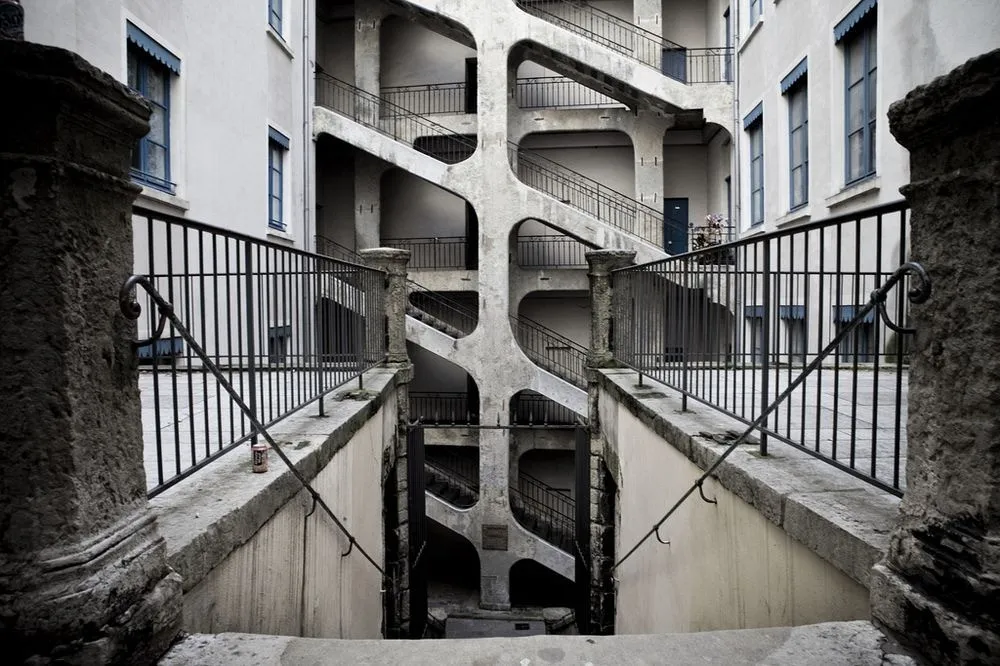
Walking through the Traboules, you can feel the serene ambiance of historic Lyon. Moss-covered stone walls, worn wooden staircases, and tranquil inner courtyards create an atmosphere that stands in stark contrast to the bustling streets above.
Traboule de la cour des Voraces: A Symbol of History and Culture
Among the publicly accessible Traboules, “Traboule de la cour des Voraces” in the Croix-Rousse district stands out as the most famous. It played a significant role in the 19th-century Canut revolts, where hundreds of silk workers gathered and marched through the passage to demand their rights from the city’s authorities.
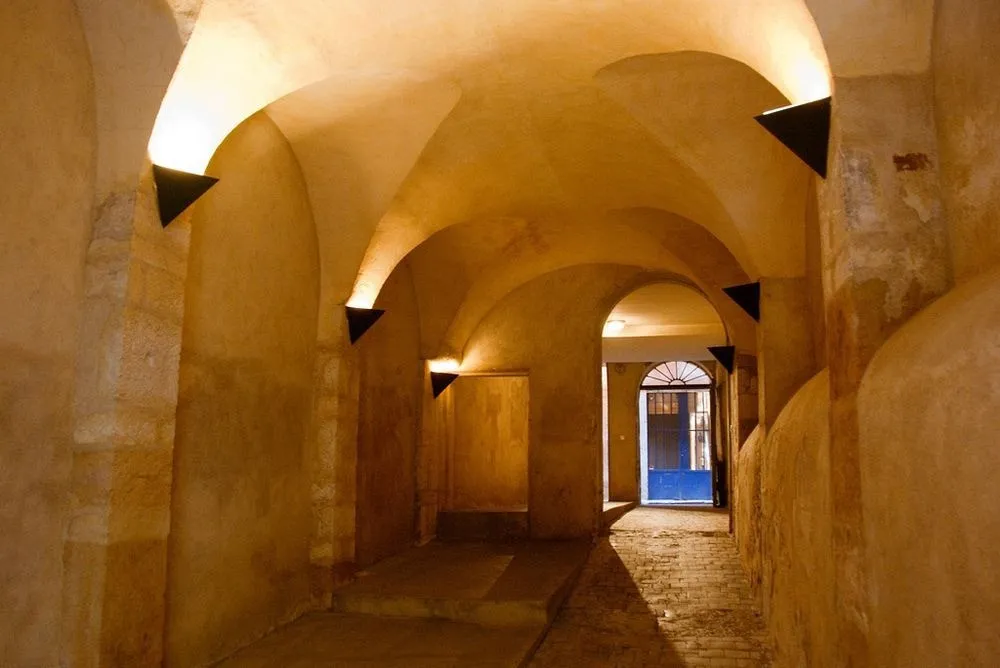
This passage is more than just a shortcut; it’s a symbol of the solidarity and resilience of Lyon’s people. Walking through Traboule de la cour des Voraces feels like stepping into a moment of history, filled with echoes of protests and the longing for freedom.
Traboules: Silent Witnesses of World War II
Traboules weren’t only used for trade or uprisings—they became vital during World War II. The hidden network served as shelters and safe routes for France’s resistance forces fighting against Nazi occupation. These passageways allowed them to move covertly, evade capture, and organize resistance activities.
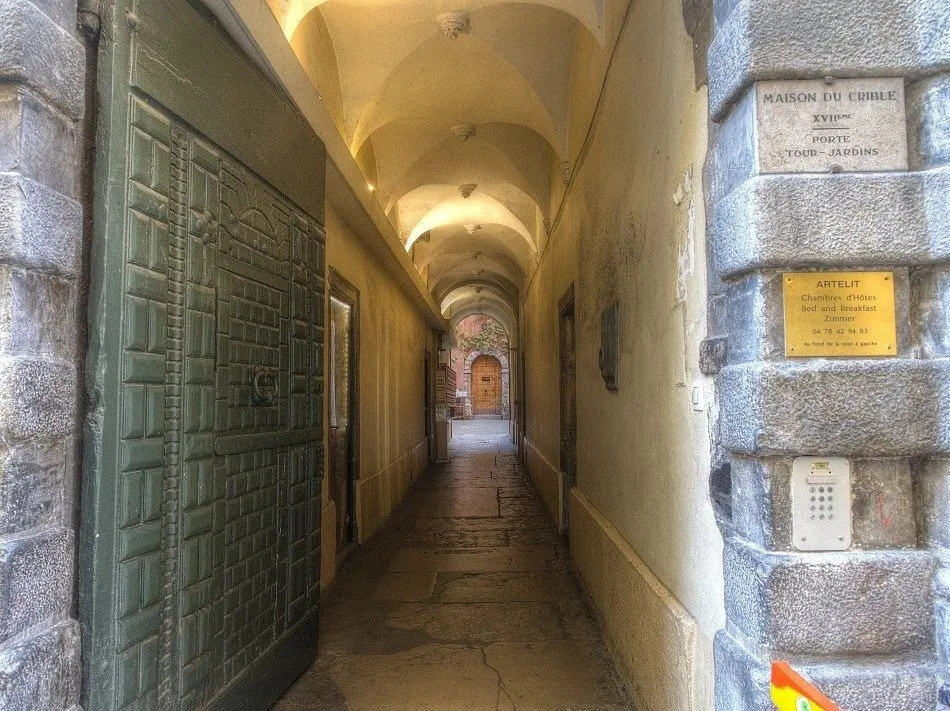
During the war, Traboules played a critical role in Lyon’s resistance efforts, contributing to the Allies’ ultimate victory. Today, stories of their wartime significance remain a powerful reminder of courage and patriotism.
Becoming a True “Lyonnais”: Exploring Lyon’s Underground World
For many locals, being a true “Lyonnais” means knowing the Traboules—their history, hidden trade routes, and untold stories. Exploring these passageways is not merely a tourist activity but a profound way to understand Lyon’s cultural and historical identity.
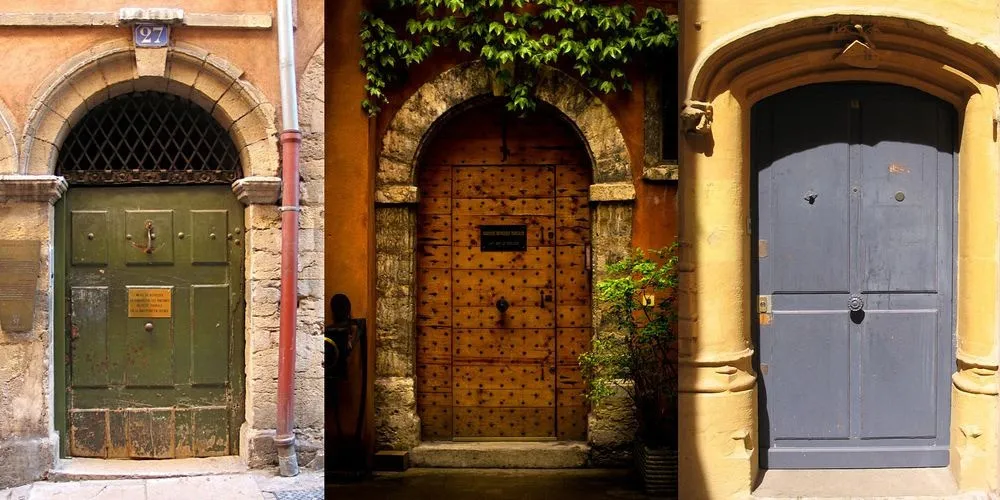
If you ever visit Lyon, don’t miss the chance to wander through these mysterious passageways. Take the time to stroll along ancient alleys, uncover the city’s rich history, and immerse yourself in Lyon’s one-of-a-kind charm.
Tips for Exploring Traboules Successfully
- Research ahead of time: Learn about the history, locations, and fascinating facts related to the Traboules before your visit.
- Use maps or guides: Maps or guided tours can help you navigate these passageways efficiently.
- Go with a local: A local guide can share intriguing stories and lead you to lesser-known Traboules.
- Respect private spaces: Many Traboules are on private property, so be mindful of the residents’ privacy.
- Wear comfortable shoes: You’ll be walking a lot, so comfortable footwear is essential for a pleasant experience.
Conclusion
The Traboules network is an integral part of Lyon’s history, culture, and identity. These hidden passageways are more than shortcuts; they’re witnesses to pivotal historical events, secret refuges during wars, and symbols of community strength. Exploring Traboules offers a unique perspective on Lyon, making it a must-do for anyone visiting this incredible city. So, step into Lyon’s underground maze and unearth its hidden treasures!